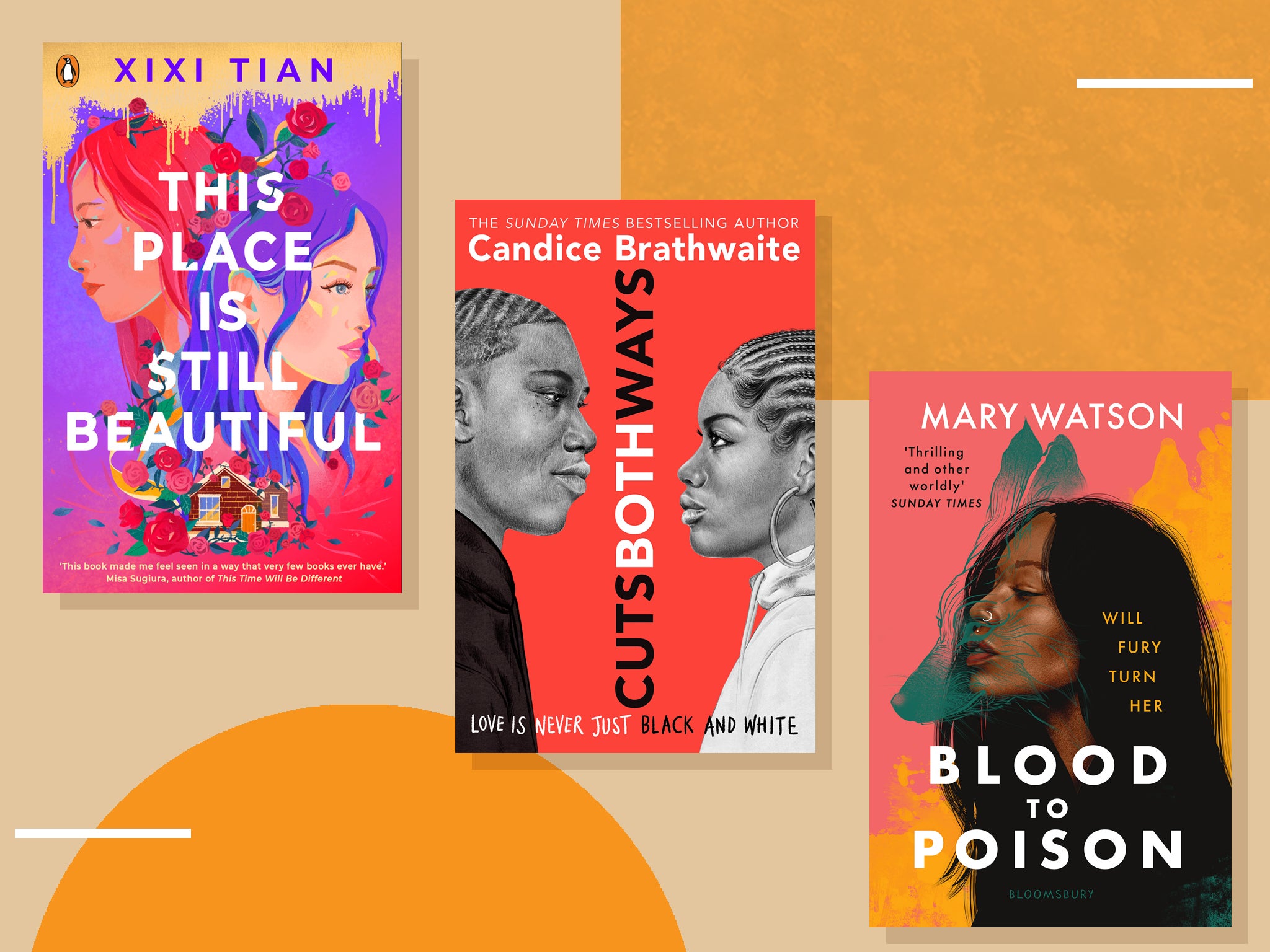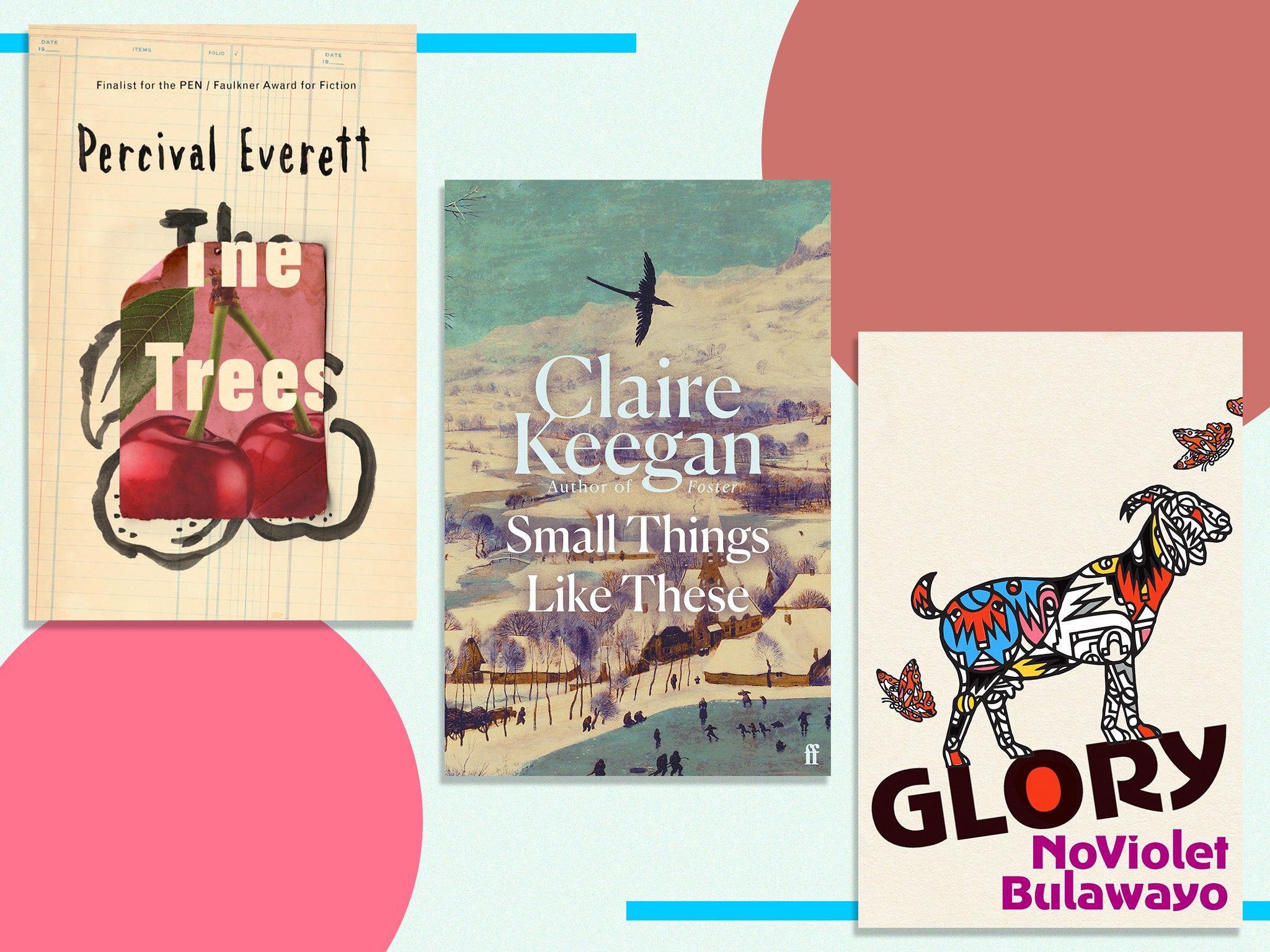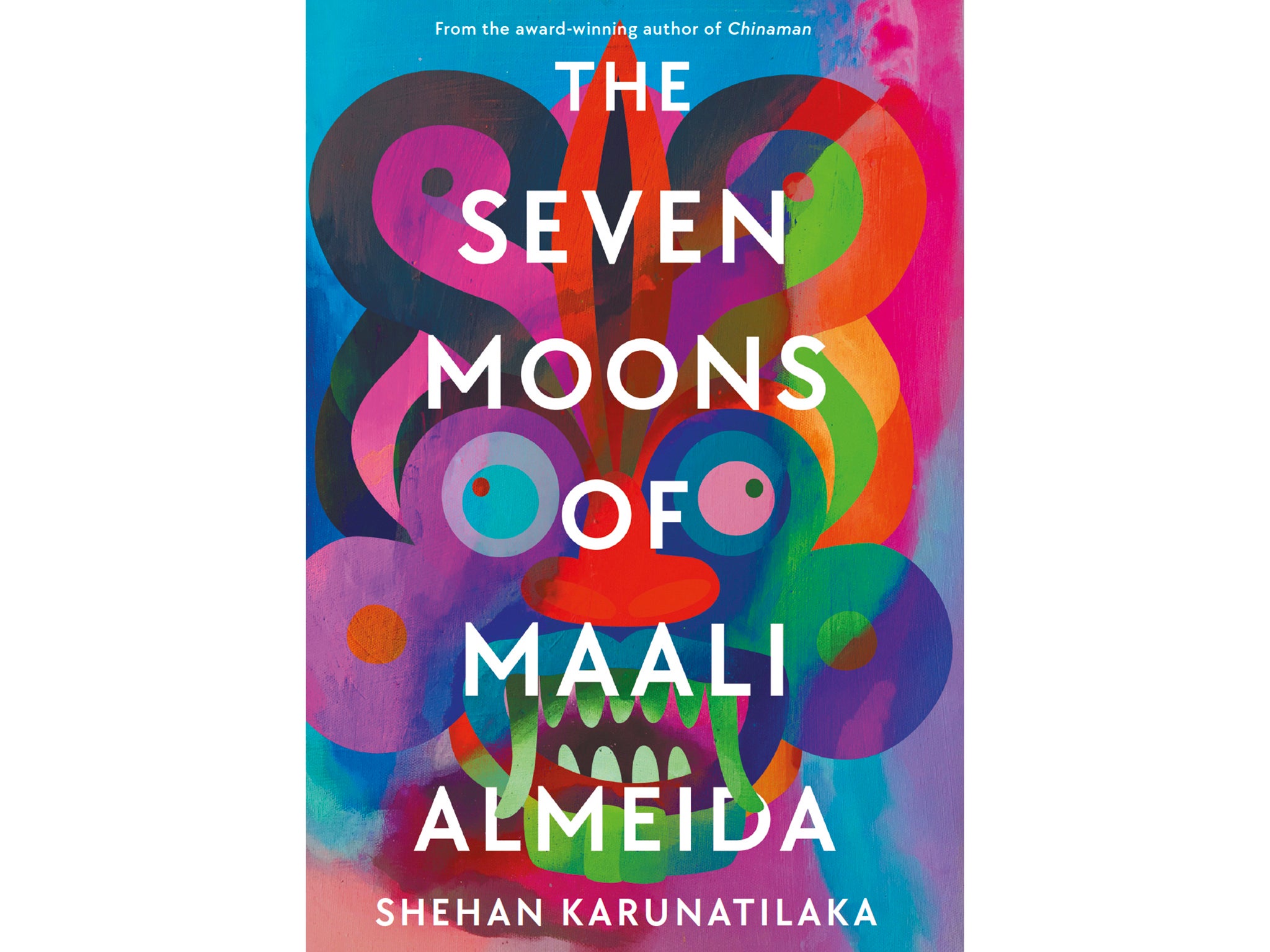
The Independent's journalism is supported by our readers. When you purchase through links on our site, we may earn commission. Why trust us?
Shehan Karunatilaka wins the Booker Prize 2022 for his ‘daring’ novel – find out more about the top title now
The literary award goes to the Sri Lanken writer for his second title ‘The Seven Moons of Maali Almeida’
 2022 Booker Prize winner: ‘The Seven Moons of Maali Almeida’ by Shehan Karunatilaka, published by Sort of BooksRead review£16
2022 Booker Prize winner: ‘The Seven Moons of Maali Almeida’ by Shehan Karunatilaka, published by Sort of BooksRead review£16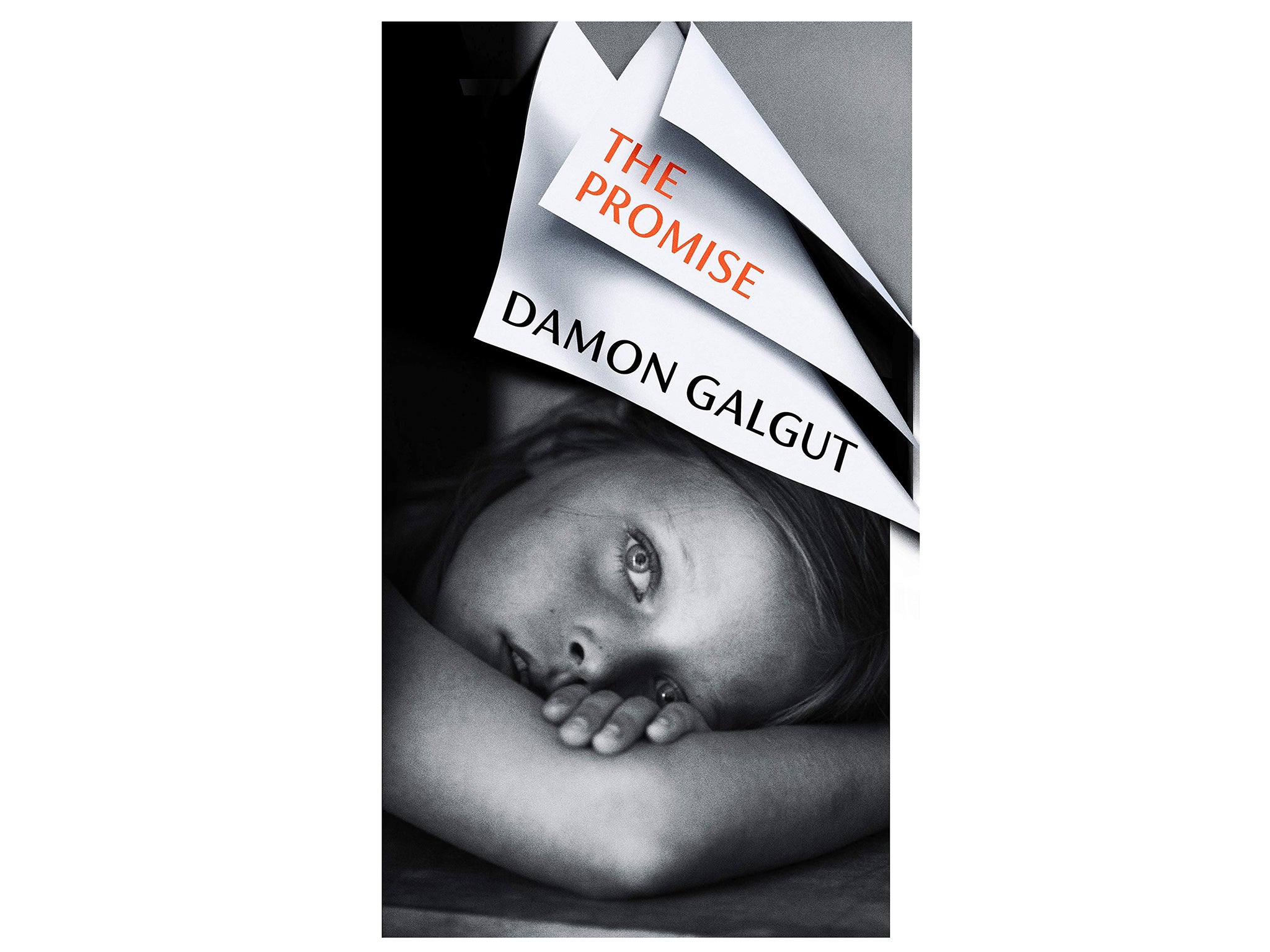
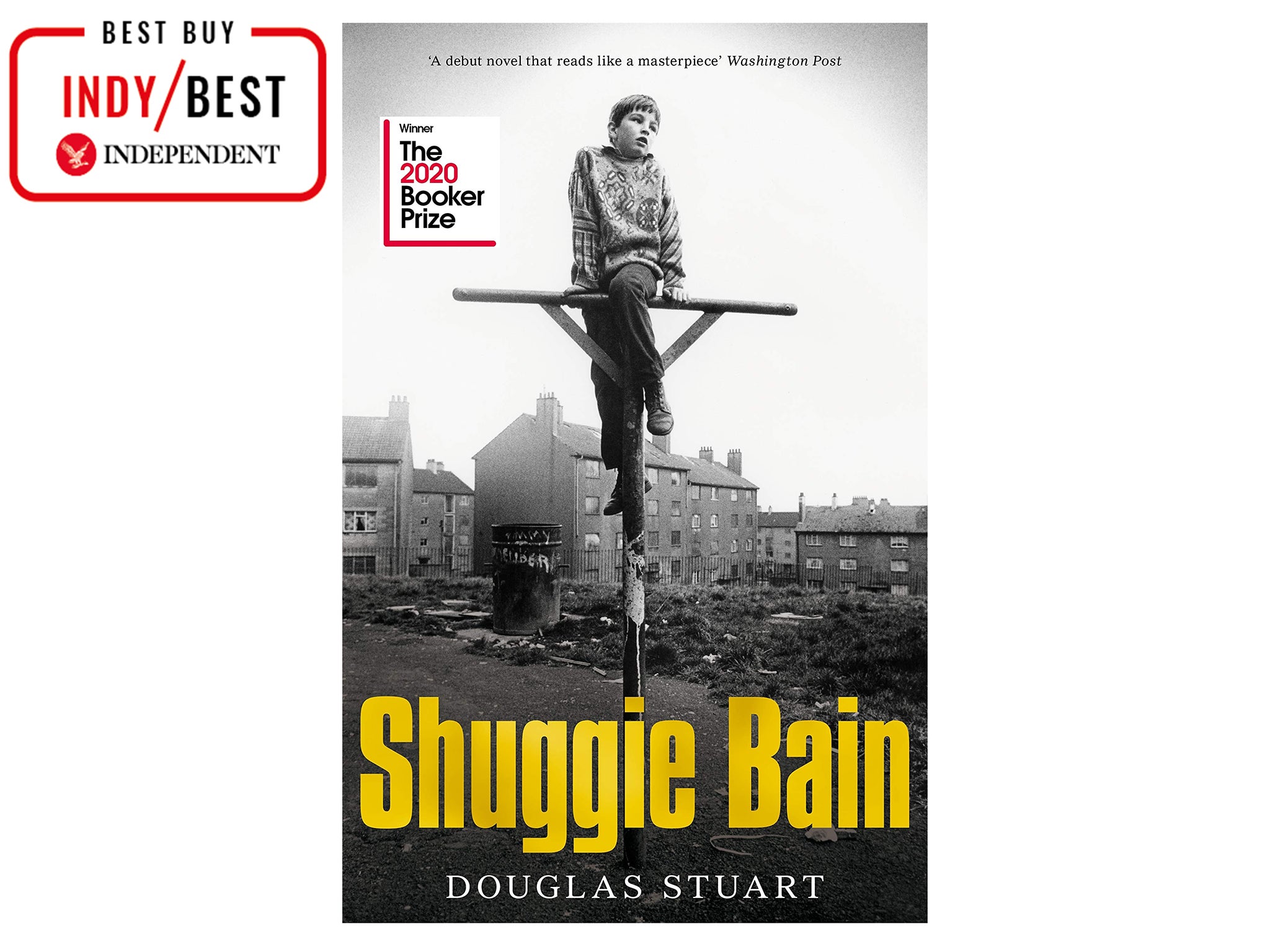
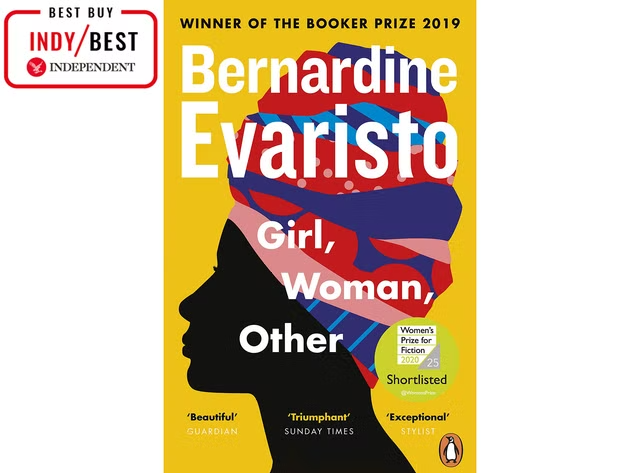 2019 Booker Prize joint winner: ‘Girl, Woman, Other’ by Bernardine Evaristo, published by Penguin BooksRead review£9
2019 Booker Prize joint winner: ‘Girl, Woman, Other’ by Bernardine Evaristo, published by Penguin BooksRead review£9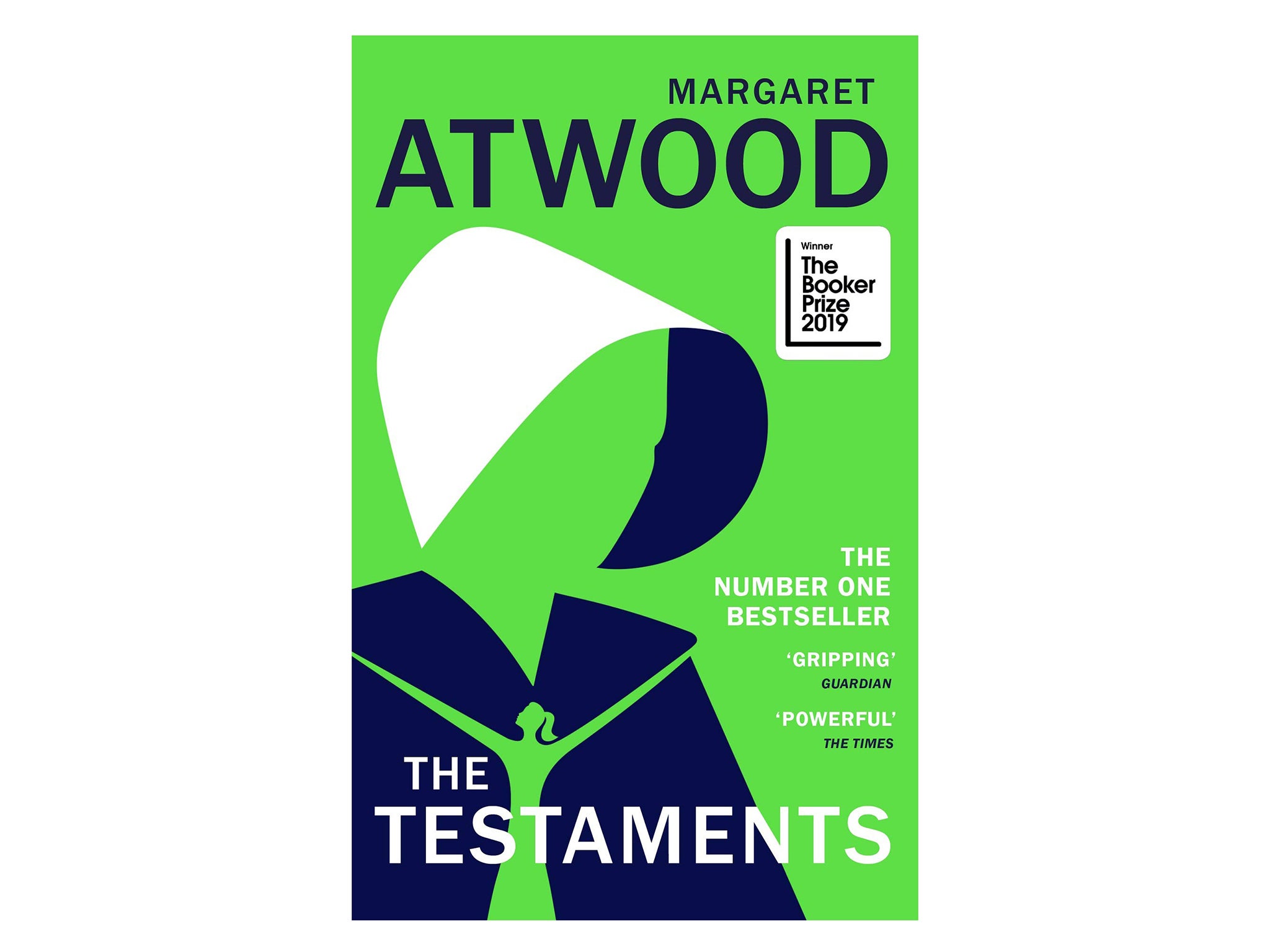 2019 Booker Prize joint winner: ‘The Testaments’ by Margaret Atwood, published by Chatto & WindusRead review£8
2019 Booker Prize joint winner: ‘The Testaments’ by Margaret Atwood, published by Chatto & WindusRead review£8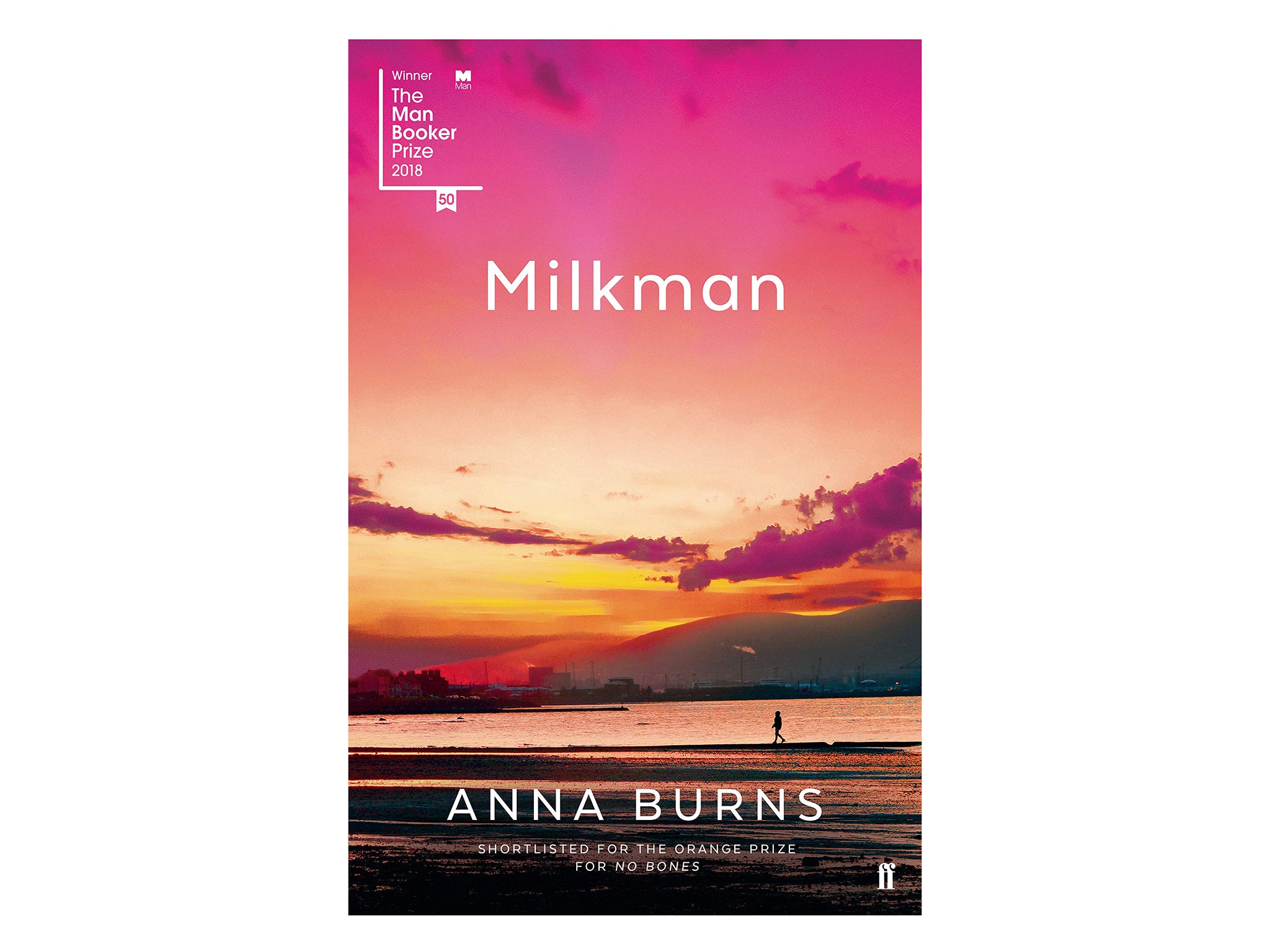
Writer of rock songs, screenplays and travel stories Shehan Karunatilaka has won the 2022 Booker Prize for his “daring” novel The Seven Moons of Maali Almeida.
The searing title is set among the mayhem of the Sri Lankan civil war, and was described by the chair of judges, Neil MacGregor, as being a “metaphysical thriller, an afterlife noir that dissolves the boundaries not just of different genres, but of life and death, body and spirit, east and west”.
The book takes the reader on a rollercoaster journey from life to death, and explores themes of joy, tenderness, love and loyalty. The skill of the writer was praised as the judges admired the “ambition of its scope, and the hilarious audacity of its narrative techniques”.
Karunatilaka’s deft and moving novel beat five other shortlisted novels to the post, all of which, in one way or another, answered the question of what is the importance of an individual life, and what can be achieved. The shortlist provides an opportunity to be immersed in masterful storytelling.
In honour of the 2022 winning announcement, we take a look at The Seven Moons of Maali Almeida and the previous four top Booker titles that preceded it, which all showcase the power of the written word.
2022 Booker Prize winner: ‘The Seven Moons of Maali Almeida’ by Shehan Karunatilaka, published by Sort of Books

Against the backdrop of murderous mayhem in Sri Lanka, beset by civil war, comes Karunatilaka’s second novel The Seven Moons of Maali Almeida. Full of ghosts and gags, the novel dissects the dark side of Sri Lanka’s history and it’s full of energy.
Taking the reader on a rollercoaster journey, chair of judges Neil MacGregor described it as being an “entirely serious philosophical romp that takes the reader to ‘the world’s dark heart’ – the murderous horrors of civil war Sri Lanka”. Once there, the title works to expose “tenderness and beauty, the love and loyalty, and the pursuit of an ideal that justify every human life”.
2021 Booker Prize winner: ‘The Promise’ by Damon Galgut, published by Chatto & Windus

Examining a dysfunctional white South African family living on a farm, The Promise is set during four funerals across four decades and exposes the anguish at the centre of the characters’ lives. Galgut reinvents the role of the narrator here, shifting from traditional narration to directly addressing the reader – cleverly sliding between characters and in and out of personae. It’s said to be a convincing and heartfelt novel.
Chair of the judges in 2021, Maya Jasanoff noted that the book “manages to pull together the quality of great storytelling and great ideas, with a remarkable attention to structure and literary style”. She added that “with every reading it reveals something new”, making it the ideal addition to any bookshelf.
2020 Booker Prize winner: ‘Shuggie Bain’ by Douglas Stuart, published by Picador

Set in the Eighties, this is the unforgettable story of young Hugh “Shuggie” Bain, who spends his pivotal years in run-down public housing in Glasgow. Exploring Thatcher’s politics, it’s a heartbreaking story of addiction and love. Portrayals of working-class families are so rarely seen in fiction, making Stuart’s all the more noteworthy.
It’s a story that is hard to forget – it’s intimate, challenging and compassionate. Margaret Busby, chair of the Booker judges in 2020, said it was “destined to be a classic”. It not only won the 2020 Booker Prize but was also crowned Overall and Debut Book of the Year at the British Book Awards.
2019 Booker Prize joint winner: ‘Girl, Woman, Other’ by Bernardine Evaristo, published by Penguin Books

Shortlisted for the Women’s Prize for Fiction in 2020, Girl, Woman, Other follows the lives and loves of 12 black, British, cisgender and genderqueer women, illuminating modern British life. It’s about personal struggle but also about love, sex, friendship, joy and mistakes. Evaristo’s powerful prose weaves through different times and places with compelling originality. This unique voice allows the reader to truly feel connected to the characters.
It took the crown in our guide to the best book club books, with our writer noting that it is a “sunny, electrifying, and artfully assembled book”, calling it “a thing of absolute wonder, at once recognisable and inspiring – and fantastic”. This is a must-read.
2019 Booker Prize joint winner: ‘The Testaments’ by Margaret Atwood, published by Chatto & Windus

This eagerly anticipated sequel was published 35 years after Atwood’s seminal The Handmaid’s Tale and answers questions that were left unanswered – notably, what happened to Offred? Critiquing gender politics, oppression and authoritarianism, this is a dystopian masterpiece you need to devour.
It, of course, featured in our review of the best Margaret Atwood books, with our writer noting that it “has cemented Atwood as a master of the speculative and dystopian novel”.
2018 Booker Prize winner: ‘Milkman’ by Anna Burns, published by Faber & Faber

Set in Northern Ireland during The Troubles, Milkman is told by an 18-year-old unnamed narrator. While she reads 19th-century literature obsessively, she does not care much for the political turmoil that surrounds her and attempts to avoid the unwanted attention from a man many years her senior. Through short and arresting prose, it’s a tale of gossip and hearsay, silence and deliberate deafness. Expect to feel instantly immersed.
Looking for more books to add to your collection? Read our guide to this year’s Women’s Prize for Fiction winners


